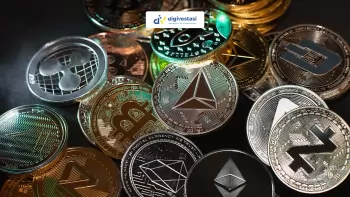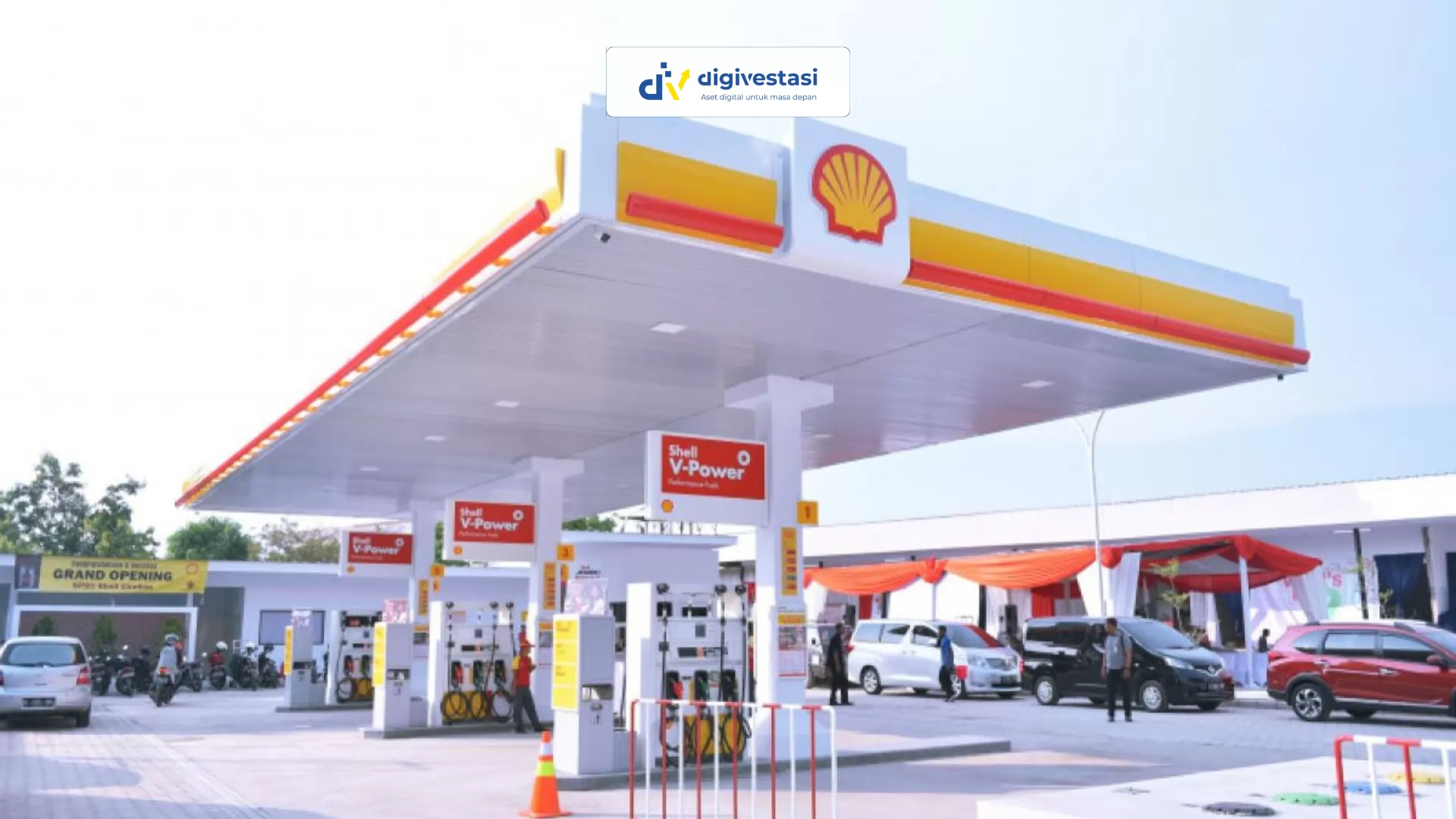
Crypto News
Could Be a Surprise! This Altcoin May Skyrocket If October 2025 ETF Gets Approved!
/index.php
Bisnis | Ekonomi - Posted on 26 September 2025 Reading time 5 minutes

The government’s decision to shorten fuel import permits to six months and require private gas stations to source supplies from Pertamina is seen as harmful — not only to private businesses but also to Pertamina itself.
According to Fahmy Radhi, an energy economist at Gadjah Mada University (UGM), these policies from Minister of Energy and Mineral Resources Bahlil Lahadalia add pressure on Pertamina, which must bear the burden of importing fuel only to resell it to private operators.
Fahmy explained that Bahlil’s instruction for Pertamina to sell fuel with minimal profit margins further strains the state-owned enterprise. Pertamina also has to absorb higher shipping costs and premium prices since the purchases are made on short notice.
“I would say this policy is a blunder. For instance, why did shortages occur? In my opinion, it was by design,” Fahmy said.
For private gas stations, fuel bought from Pertamina will likely be more expensive than what they usually import directly, which erodes profit margins. If sustained, this could eventually drive private operators out of Indonesia.
Fahmy stressed:
Rising operational costs cut into private retailers’ margins.
Continuous losses would make it unsustainable for them to remain in the market.
Over time, many could decide to exit Indonesia.
He further warned that such an exit would harm the overall investment climate, as it would signal instability and discourage foreign investors.
Fahmy even alleged that the recent shortages at private gas stations were deliberately engineered by the government to restructure Indonesia’s fuel imports, ensuring they are sourced entirely from the United States (US).
He argued that the reduced six-month import license leaves little room for private firms to prepare, forcing shortages. As a result, private stations must buy from Pertamina, which is expected to import supplies from the US under reciprocal tariff agreements with President Donald Trump.
“This policy sacrifices broader economic interests for Pertamina’s monopoly and to meet US trade commitments. Unfortunately, the side effects were not properly calculated,” he added.
Energy economist Yayan Satyakti from Padjadjaran University also linked the shortages to the government’s plan to phase out fuel imports from Singapore and shift them to the US.
According to Yayan:
The government is conducting due diligence to ensure fuel import policies do not burden fiscal stability.
Plans are already in place to reallocate crude oil and refined fuel imports from Singapore to the US, following tariff agreements with Donald Trump.
This explains why import permits are now issued more cautiously, shortened from one year to six months.
He further noted that imports from the Singaporean Hub (e.g., BP-AKR and Vivo) are expected to transition toward the US Hub under the “Trump Deal.”
In fact, Minister Bahlil had already revealed the plan in May 2025, stating that shifting imports from Singapore to the US was part of negotiations to avoid reciprocal tariffs imposed by Washington, with execution targeted within six months.
Meanwhile, Pertamina Patra Niaga (PPN) announced that shipments of raw fuel (base fuel) for private stations had arrived in Jakarta on Wednesday (24/9/2025). However, some private operators still need time to coordinate with their headquarters before submitting quota requests.
Pertamina Patra Niaga assured that private downstream operators have agreed to promptly declare their additional quota needs. Just last week, Bahlil confirmed that private gas station operators had consented to purchase gasoline from Pertamina to cover the shortages.
Pertamina will therefore conduct imports to meet the shortfall. The purchased supplies will be pure base fuel, with additives to be blended by each company individually.
“Since Pertamina’s current stock is already blended, the next imports will most likely be new shipments,” Bahlil said (19/9/2025).
He added that the origin of the imported fuel does not matter; what is crucial is that supplies reach private gas stations within seven days.
According to Ministry of Energy and Mineral Resources data, Pertamina Patra Niaga still holds about 34% of its annual import quota, equal to 7.52 million kiloliters, sufficient to meet the additional 571,748 kiloliters required by private operators until December 2025.
Source: bloombergtechnoz.com
What do you think about this topic? Tell us what you think. Don't forget to follow Digivestasi's Instagram, TikTok, Youtube accounts to keep you updated with the latest information about economics, finance, digital technology and digital asset investment.
DISCLAIMER
All information contained on our website is summarized from reliable sources and published in good faith and for the purpose of providing general information only. Any action taken by readers on information from this site is their own responsibility.